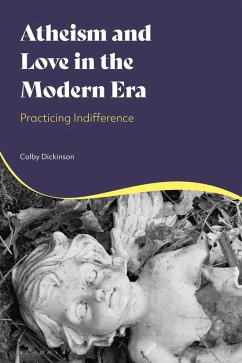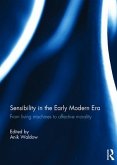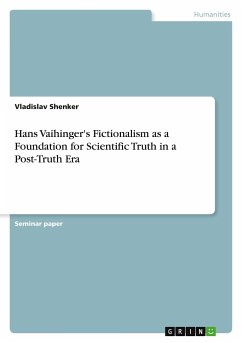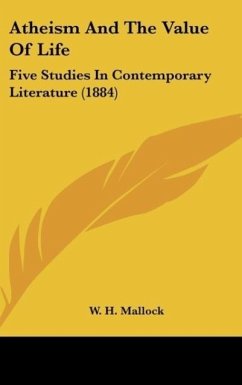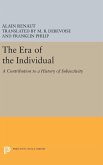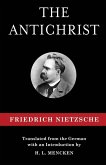"A critique of religious belief which addresses the question of how a secular world can continue to mine religious traditions for their conceptual and emotional riches. Taking in popular, philosophical and theological discussions of religion, Colby Dickinson argues that theism and atheism taken together can peel back the layers of abstraction, alienation, and disillusionment that always accompany our humanity in order to help us really see how it is to exist in this world. Atheism and Faith in the Modern World takes up the notion of love as a cultivation and practice of indifference-a crucial concept that unites both religion and atheism"--
Hinweis: Dieser Artikel kann nur an eine deutsche Lieferadresse ausgeliefert werden.
Hinweis: Dieser Artikel kann nur an eine deutsche Lieferadresse ausgeliefert werden.

